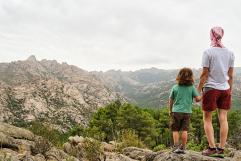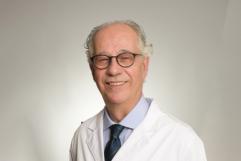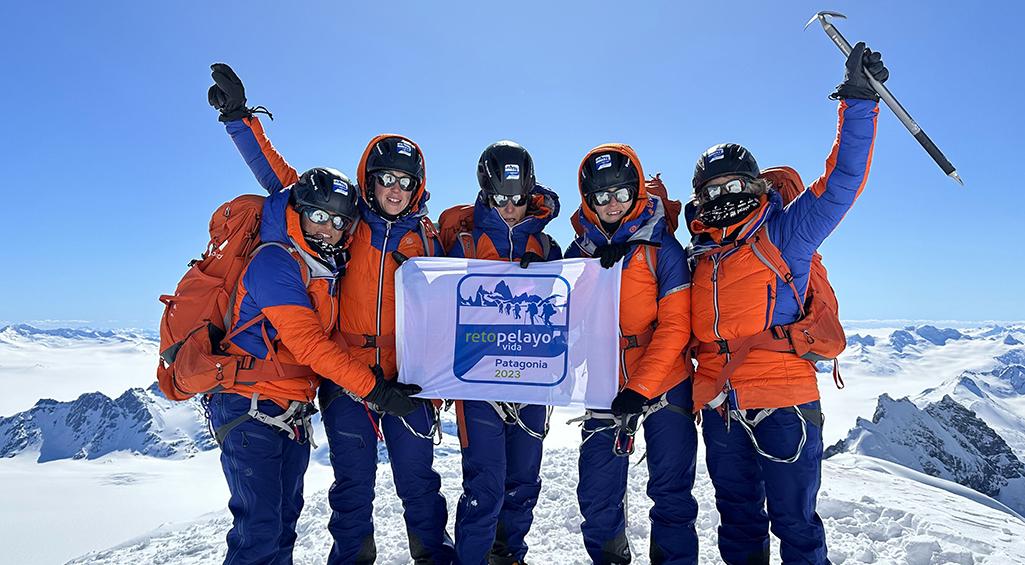
The willingness to overcome moves mountains
ASISA joins the Pelayo Vida Challenge for the third year running, backing the promotion of prevention and early detection to fight against the different types of cancer that affect women.
In 2015, the writer Eric Frattini met up with his friend Luís Miguel Rocha in Brazil. The latter confessed that he had an intense stomach ache, which they did not take seriously at first. Rocha died of stomach cancer that same year. The night that his death was announced, Frattini saw a television interview with a woman who had suffered from breast cancer, made worse by morbid obesity. Her doctor recommended that she should exercise and the patient, based on her willpower, ended up running the New York marathon.
This testimony lit the writer’s creative spark. “Why don’t we take women who have suffered from cancer to face up to high mountain challenges?” he said to himself. No sooner said than done. Frattini explained his idea – which was also a tribute to his departed friend, to Pelayo Seguros and they decided to support him in making his dream come true. And this is how a project came to be that has helped many women with cancer to recover their enthusiasm and to find a new goal in their lives.
In 2023, the ninth edition of the Pelayo Vida Challenge took five women who have beaten the disease to Patagonia. In addition, ASISA has once again sponsored this initiative, which seeks to make society and institutions aware of the importance of investing in research and promoting early detection and screening. Amongst those making the ascent is Yolanda Cerezo, an architect who was diagnosed with breast cancer when she was a fortnight away from reaching the age of fifty. As her cancer had a complicated prognosis, she had to get through different treatments that had a serious impact on her health. “For me, it was essential to carry on doing sport,” she explains. Cerezo managed to be selected for the challenge along with another eighteen candidates for some intensive trials in Sierra Nevada. The five women selected came from this event, starting another 30-week training session led by Rocío Monteoliva. This mountain guide was delighted to join the project, convinced that “sport helps cancer patients a great deal: it regenerates on hormonal and psychological levels, making us segregate endorphins.”
Laura Villa, had just come out of her fourth operation when she reached Sierra Nevada. The challenge meant that the health of this school teacher recovered almost miraculously. As she herself explains, “I went from hell to paradise in a few months. I was getting out of breath going up the stairs and in Patagonia my mind found my body.” She was only thirty-five years old, with two children when she was diagnosed with cancer. Her first obsession was to look after those close to her. But during the challenge, she was able to give herself a moment for herself and share experiences with other women who had passed through experiences that were similar to hers.
For Cerezo this has been “an unrepeatable life experience. I have been lucky to take part in something marvellous, creating closer links with my colleagues to transmit hope to other people,” she tells us. She compares the cancer process to climbing a mountain: “It is a tough route, along which there are moments of pain; a pain that at the same time reminds you that you are alive. You have to carry on, kilometre by kilometre, to be able to reach the summit.”
Villa is convinced that having journeyed over mountains and glaciers at extreme temperatures has been very useful to launch an important message to society: “There is life before cancer and after cancer; and there is also a great deal of life during cancer.” She now admits that she lives every moment with greater intensity than before the appearance of the disease. As she says, “my cancer doesn’t keep me awake at night. I am not frightened of a relapse. What makes me more frightened is going through life without living it completely.”
The five stars of the 9th edition
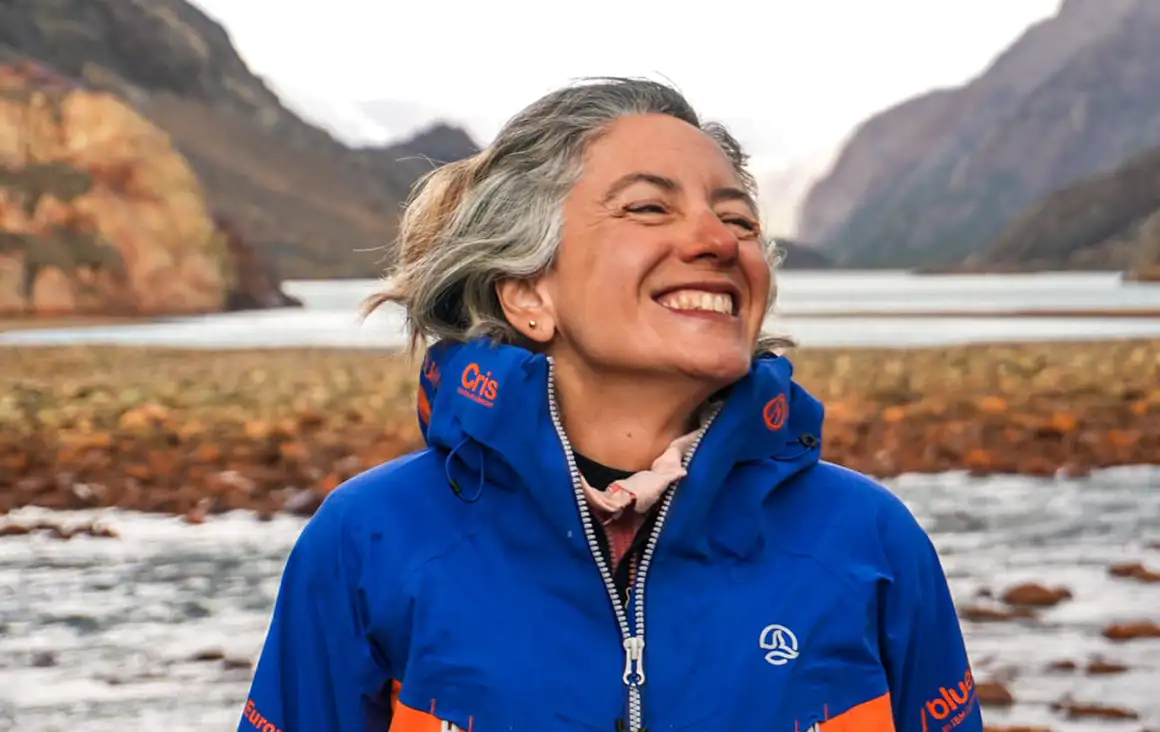
Anna Blanco
1 of 5
Anna Blanco, 45 years, from Ontinyent, but residing in Gandia (Valencia). In a normal annual gynaecological check-up, some altered cells were detected. It was an adenocarcinoma with infiltration in the uterus. She went through two operations. A journalist and communicator, she is the mother of two children and she loves the mountains. “When cancer gave me this second chance, I learnt to give priority to what is really important and to smile at every good moment.”
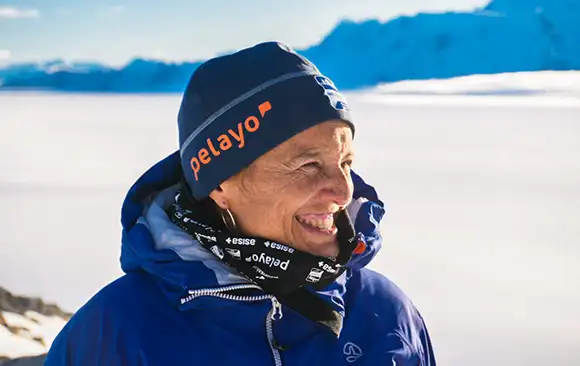
Yolanda Cerezo
2 of 5
Yolanda Cerezo, 53 years, from Madrid. An architect, married and the mother of three children. In July, 2020, in the middle of the pandemic she had a breast cancer detected. Her father was also diagnosed with cancer at the same time, although he died from this disease. Sport and running was her lifeline during her treatment. “Running, the endorphins, nature… for me was the way to see that my body had not abandoned me.”
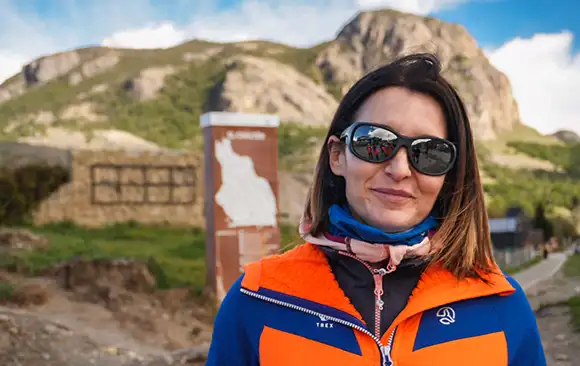
Laura Villa
3 of 5
Laura Villa, 39 years, from Teruel. In 2020, at the age of 36, she noticed a lump in her breast that tests confirmed was a very aggressive carcinoma. She has had four operations, chemotherapy and immunotherapy. A special needs teacher for infants and primary school children, she became interested in the challenge when a friend sent her a video of the Pelayo Vida Challenge just before her first operation. “Life is made up of moments and you should not wait until you are well to be happy.”
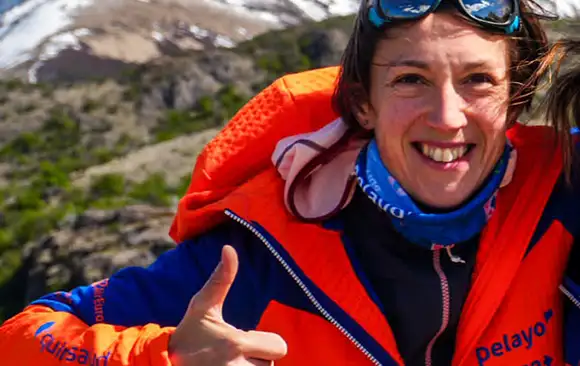
Sonia Saiz
4 of 5
Sonia Saiz, 38 years, from Santander. In January, 2015, having just reached the age of 30, a very aggressive breast cancer was detected. She went through chemotherapy and radiotherapy, as well as a mastectomy. A surgical nurse, she practices mountain sports, caving and Dragon Boat, a sport that is recommended for preventing lymphatic obstruction and discomfort in her shoulder. “The experience of pushing our ability to overcome obstacles to the limit seems incredible to me.”
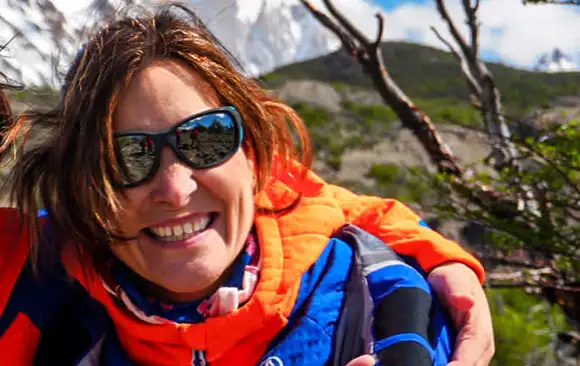
Inmaculada ‘Kica’ Echanove
5 of 5
Inmaculada ‘Kica’ Echanove, 46 years, from Toledo. Life has often tested her resilience. She is the mother of two children and she was widowed when they were 3 and 7 years old. As a geriatric nurse, she had to face up to the incredibly tough COVID pandemic and how this decimated the elderly. She had a breast cancer detected in May, 2021 and the disease made her see that “I had spent my entire life looking after others, but I didn’t know how to look after myself.”
